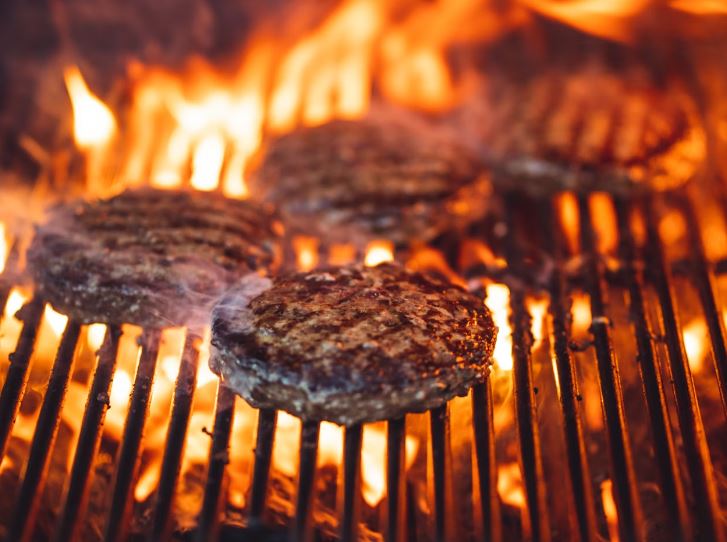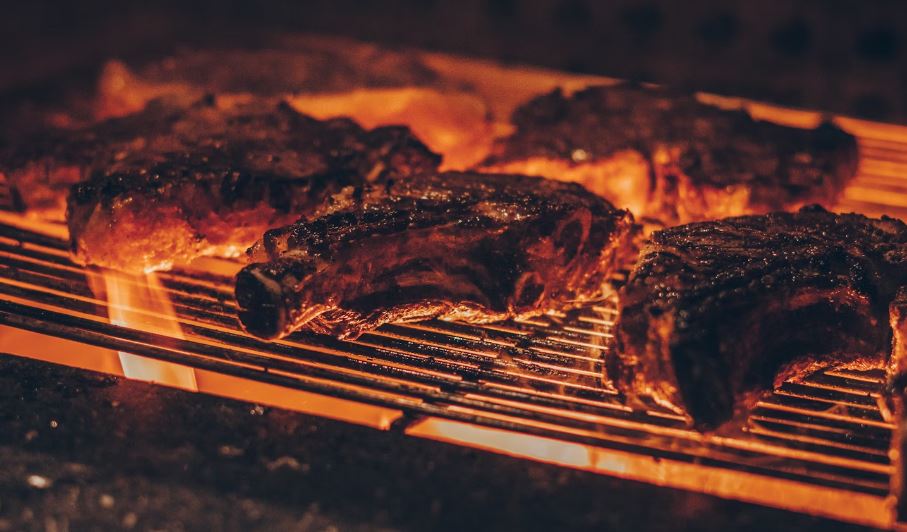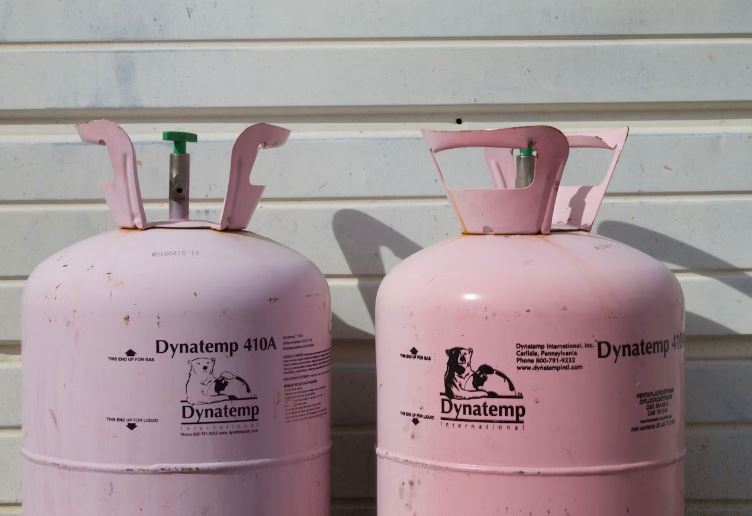-
Shop
- Furniture
- Kitchen
- Bathroom
- Home & Garden

Fired up your grill for some BBQ fun, but instead of the usual sizzle, you’re greeted by a deafening roar like a jet engine taking off?
This is definitely NOT normal and can be a sign of a regulator issue, gas pressure issues or clogged burner holes.
In this post, I’ll explain these plus the other reasons why your grill sound like a jet engine. And I’ll show you how to stop this sound.
If your gas grill is suddenly super loud, like a jet engine revving up, there could be a few things causing it:

One common reason for excessive noise from a gas grill is a faulty regulator.
The regulator is responsible for controlling the flow of gas or propane to the burners.
If it’s not working correctly, it can cause whistling or humming sounds (that may sound as a jet engine to you) as the gas moves through the restricted area.
This can be really annoying and make it hard to enjoy your grilling experience.
A faulty regulator can also affect the performance of your grill.
Another possible reason for a noisy grill is an improper gas or propane connection.
If the gas line isn’t securely connected or if there are leaks or cracks in the line, it can make the gas escape quickly, creating a loud noise like a jet engine.
You should be able to smell it too.
This can be dangerous because gas leaks are not something to mess around with.
Clogged burner holes, tubes or ports can also lead to a noisy gas grill.
When stuff like grease, food bits, or rust block the gas flow through the burners, it messes with how the flames burn.
This can lead to higher pressure building up in the burners, resulting in a loud whooshing sound.
As the burners on a gas grill light up, they push air out fast, and all that air zipping through tight spots can make a racket like a jet engine taking off.

Also Check Out Our: Perfect Appearance Outdoor Gas BBQ Grill
Sometimes, if there are air bubbles stuck in the gas line or burner system, they can add to the noisy racket. The heat from the flames makes those little air expand force their way out causing extra noise.
In some situations, having moisture hanging out in your grill can cause this, especially when it’s chilly outside. The heat from the grill’s flames makes that moisture evaporate, and that steam, having more volume, tries to escape.
When that moisture tries to make a run for it through the vents or burner system, it can sound like a hissing or whistling going on in there.
Now that you have gained some insight about why your grill sounds like a jet engine , let’s look into how you can fix it:
The first thing you should try is resetting the regulator to see if that fixes the problem.
Turn off the gas supply by closing the valve on the propane tank or shutting off the natural gas line. Next, disconnect the gas hose or line from the grill.
With the lid open, turn all the burner knobs to high and wait about 2 minutes for any leftover gas to clear out. Once that’s done, reconnect the gas line and turn the gas back on.
This little reset can often sort out issues caused by a regulator that’s not working right or is stuck.
Also Check Out Our: High-Capacity Indoor/Outdoor Electric BBQ Grill
Turn off the gas supply and take a good look at the gas line and connections for any damage, leaks, or looseness that could be causing trouble.
If you spot any issues, grab a wrench and tighten up those loose connections or swap out any damaged parts.
If everything looks good on the surface, it’s time to dig deeper.
Grab a wire brush and give those burner tubes and ports a good scrub to clear away any gunk or buildup on the outside.
For those stubborn clogs, a flexible wire or paper clip can help you carefully poke and prod to clear out any blockages in the burner ports and tubes.
You can give them a gentle tap to shake loose any lingering debris.
Once everything is spick and span, reinstall the burners back in place.
Another thing you can do to quiet down your noisy grill is to let out any trapped air.
Turn off the gas supply. With the lid open, turn all the burner knobs to the open position. Now, grab that propane tank valve and give it a clockwise twist until it’s completely closed.
Keep your ears peeled for a hissing sound – that’s the sound of the trapped air escaping.
Once the hissing stops, turn the propane tank valve back on and see if the noise has settled down.
To prevent moisture from causing noise issues in your gas grill, use it in a dry, sheltered spot.
This helps keep moisture from sneaking into the system and causing trouble.
Also Read: BBQ grill has mold
When your grill is not in use, cover it up to shield it from rain or humidity, which can lead to moisture buildup. In colder weather, think about adding a protective coating like a cooling coil to the burners to ward off moisture buildup and rust.
If you’ve tried all the troubleshooting steps and your gas grill is still making a racket, it might be time to call a technician for some help.
Sometimes, even after giving your grill a good once-over, that noise can still be a mystery.
And if you spot any damaged or faulty parts during your inspection, it’s best to leave the repairs to the experts. Trying to fix or replace certain components yourself can be risky and might even make things worse.
So, if you’re at a loss or see anything that looks sketchy, don’t hesitate to reach out to pro.
FAQs
Popping sounds usually mean there are clogged burner holes. Food drippings, grease, and debris can accumulate over time and block the tiny holes in the burner tubes.
When gas flows through these clogged holes, it can ignite unevenly, causing popping sounds.
You should not normally hear any hissing or other noises coming from your propane tank on a grill. The propane tank should be silent when the grill is not in use. Any hissing sounds could indicate a potential leak.




Leave a comment